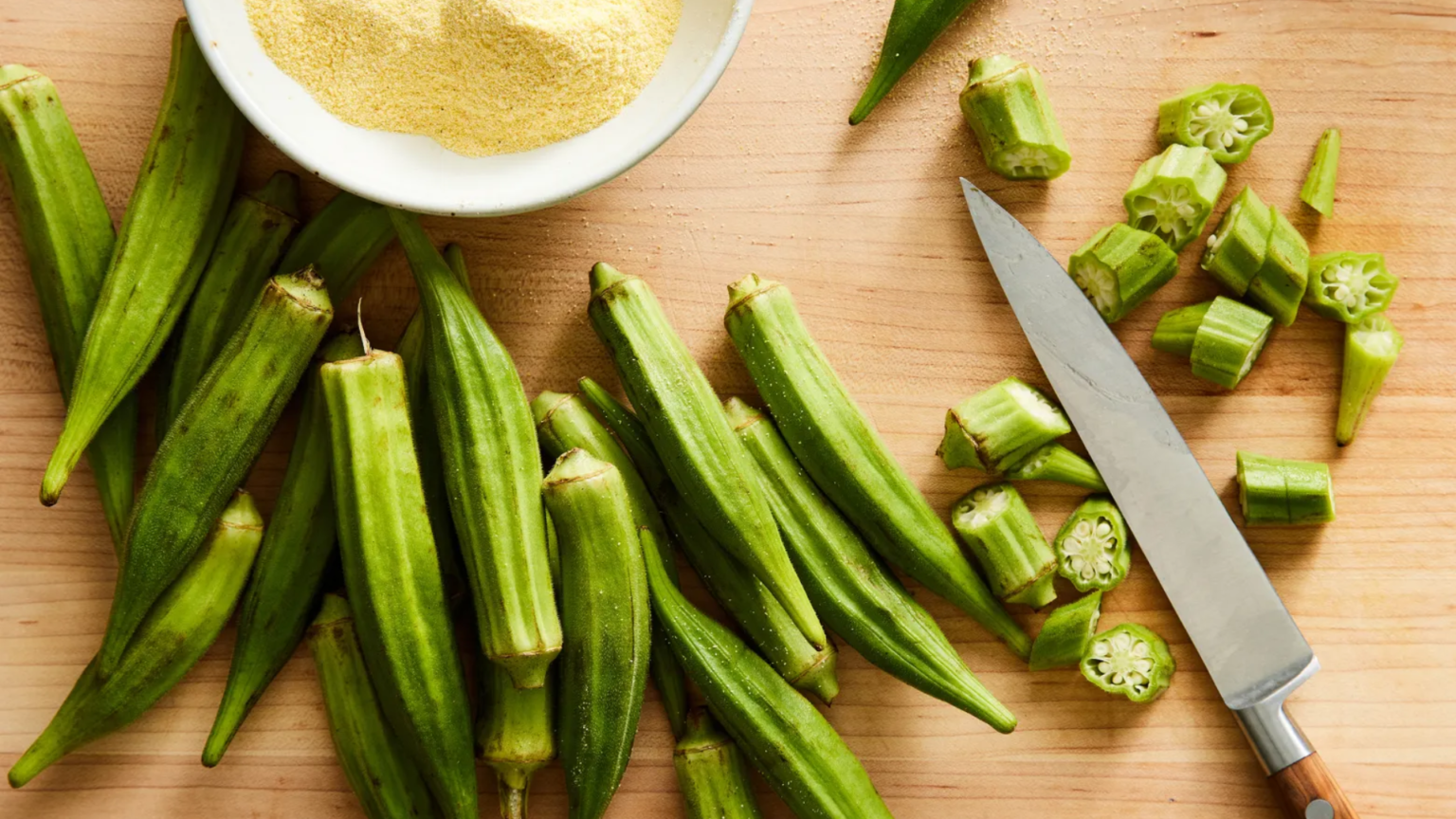
In 2021, Netflix first aired High on the Hog, a documentary series where chef and food writer Stephen Satterfield traces the origins of African-American cuisine back to Africa. High on the hog is a phrase used to describe someone as being well off; living comfortably or extravagantly due to great wealth or financial security, which beautifully gives dimension to this food journey from Africa to the Americas. This documentary series was inspired by foodways researcher, Jessica B. Harris’s book, High on the Hog: A Culinary Journey from Africa to America where she encapsulates the culmination of years of her work with this most engaging history of African American cuisine. Harris takes the reader on a harrowing journey from Africa across the Atlantic to America, tracking the trials that the people and the food have undergone along the way.
If you think about the role that food plays in our lives, you may also be able to trace your ancestry. Family recipes can be incredible windows into familial stories in more current times but also representative of the legacies that are passed down. Now if you really spend time deconstructing a recipe, you may be able to reveal the unique history that lies within. Think about how the recipe may have changed over time and if there are things that we use that are semi-homemade or semi-processed now. Think about what raw ingredients may have been used generations ago. Think about the tools they used to incorporate the ingredients into a main dish or pastry. What story does the recipe really tell?
West African dishes and traditional soul food have many commonalities. Take for instance, okra, corn, and tomato stew. With a few changes in ingredients, you get okra soup. If you change it a little bit more you get gumbo, but okra gumbo. Gumbo nevertheless. Food recipes may evolve, but the root of the recipe is historical. One thing to keep in mind about tracing our roots through cuisine is that soul food cooking is often done with your senses, which is not part of Western culture. Cooking with your senses is also a part of African culture. You cook with your sense of smell. You cook with your sense of touch, your sense of taste, your sensitivity to the heat, how things look to the eye. It’s not just the ingredients that have been passed down, but the ways of cooking have been passed down along with it.
Check out and review these West African Cuisine Suggestions:
Fabaceae African Cuisine
Boniks African Cuisine – Nigerian Restaurant
Voilà Afrique Restaurant & Catering

Author: admin
The Blk Coin Collective (BCC) is an online platform that helps people find, engage with, and connect with Black-owned businesses.